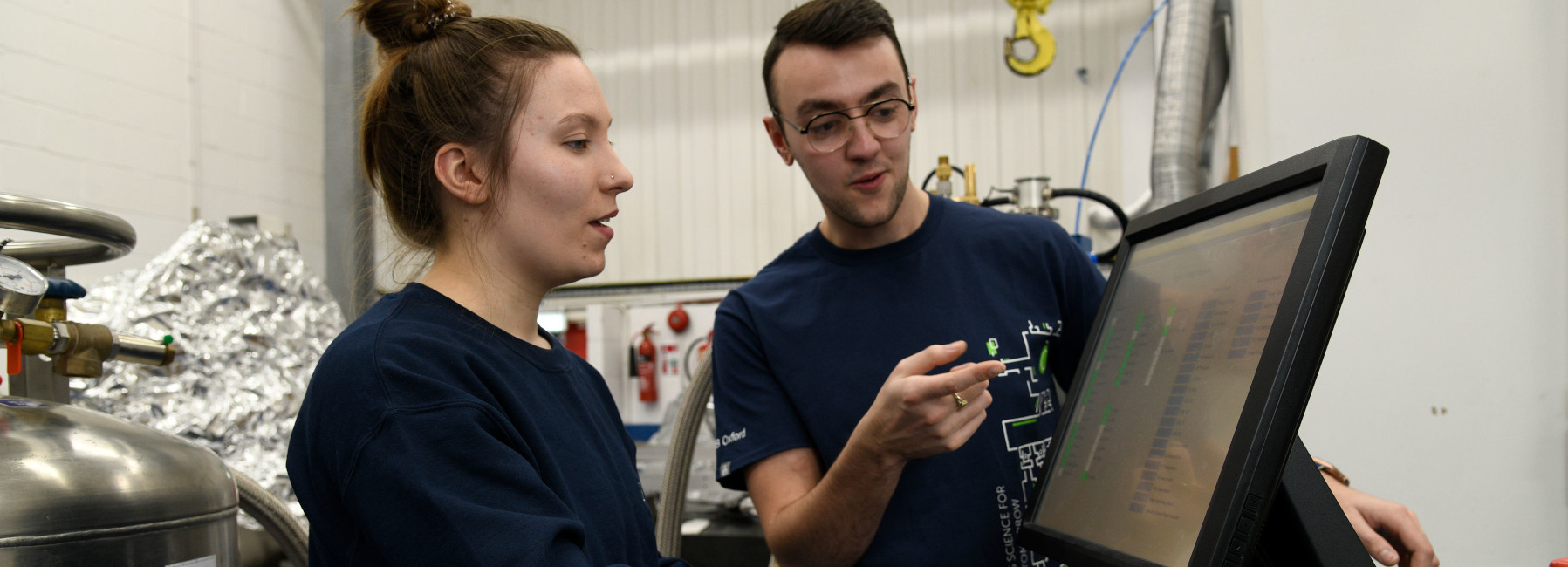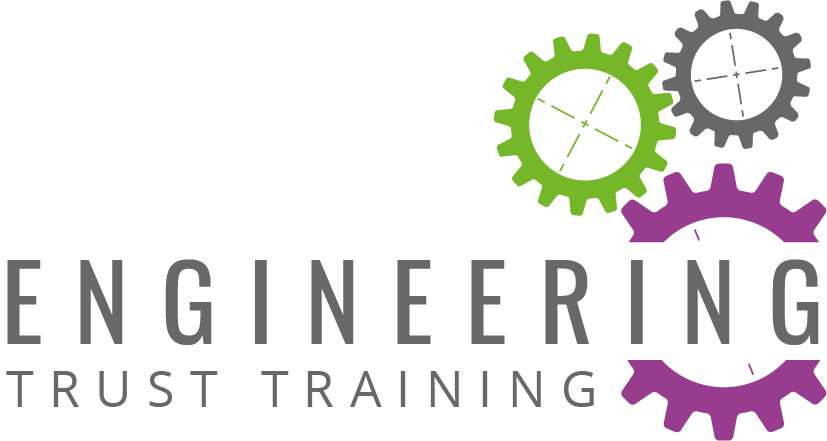
Taking on an Apprentice - Top 10 questions and answers for employers
For many years, apprenticeships have been the lifeblood of the Engineering and Manufacturing sector. They are a vital part in ensuring businesses have the skilled workforce required to function on a day to day basis and help to take the business into the future.
So, this is no new concept, however, since the introduction of the apprentice levy in 2017, there has been an increased incentive to take on an apprentice whether you are a levy payer or not. Info about the levy here >
Finding the right person to take on as an apprentice is important however finding the right training provider to facilitate it on your behalf is also crucial. We have some tips on finding the right training provider here, however for the purpose of this blog, we will keep the focus on answering the questions surrounding taking on an apprentice.
1. What is an apprenticeship?
They can take several forms, but all are essentially the opportunity for someone to learn and earn. There are several different levels for apprenticeship from 2 up to 7 which can be completed by a person any age over 16.
Apprenticeships can be used to bring new talent into a business, generally young people either at 16 post GCSE or at 18 post A-level/college. Apprenticeships can also be used by people within your current workforce as a form of CPD.
All apprenticeships are based around ‘Apprenticeship Standards’ which give the framework within which the learning must take place. There are hundreds of standards within every area of a business a full list of which can be found on the Institute for Apprenticeship & Technical Education website.
Learning takes place both in-company following a Company Training Plan and within a college where the person is released from the business to attend.
2. Why take on an apprentice?
The Engineering and Manufacturing sector is made of businesses with a variety of individual needs specific to their operation. An apprentice (in respect of new talent entering your business) is the opportunity to grow your own workforce who by the end of the apprenticeship programme have the skills and capabilities you need from a member of staff.
Apprentices offer a new perspective and bring new ideas to the business whilst also providing you with the workforce to safeguarding your future.
3. Talk to me about finance, who pays for the training?
In short, the Government pays most if not all of the training cost (excluding the apprentices’ wages).
You fall into two categories when accessing funding for apprenticeships…
Firstly, the levy payers. These are businesses with a staff wage bill of £3m or more – since 2017 your business has been paying into a levy pot which if unused you lose. This pot of money can only be used for apprenticeship training – both new talent and upskilling existing employees and covers 100% of the training cost.
Secondly, the non-levy payers. Businesses with a wage bill under that £3m – you can get 95% of the training cost paid for, you then have to cover 5%.
See a more detailed explanation about the Levy here>.
4. Who pays the apprentice’s wages and how much is it?
You do as the employer. An apprentice is a full-time member of staff, contracted to your business in the same way as the rest of your team.
There is a national minimum wage for apprentices. The current minimum wage rate for an apprentice is £3.90 per hour which applies to an apprentice under 19 and those aged 19 or over who are in their first year. Those aged 19 or over must then be paid at the national minimum wage for their age once they have completed their first year.
5. How long does an apprenticeship take?
Depends on the level and standard that is followed. It is a minimum of 12 months (mostly level 2) with level 3 and 4 standards taking between 36 and 48 months.
6. What is involved in respect of training the person in-company?
Different training providers will approach this in different ways, so we can only highlight our approach.
One person within the company who will be the mentor for the apprentice. They won’t always have the apprentice working directly under them however it is the person who will oversee the apprentice’s progression throughout the process. The in-company training that the apprentice receives will be work-based, learning skills and processes from experienced members of staff and recording that learning within our e-portfolio system.
We assign one of our training officers to the business who will work with the mentor to devise a company training plan. This maps out the learning that will take place, any college elements involved and the points at which the training officer will assess the apprentice. The training officer will be on hand throughout the process to support the apprentice.
7. What else is involved from a company point of view?
You will need to induct the apprentice into your business as you would any other member of staff. If the apprentice is under 18, you will also need to complete a specific ‘Young Person’s Risk Assessment’ which our training officer will assist you with.
We have to, as a government funded provider, complete a company Health and Safety check to ensure the environment that apprentice is working in is safe. Nothing too technical here, the vast majority of companies will have all the relevant aspects in place for their normal day to day operation.
You will need to provide the apprentice with all tools required to complete their job and any PPE equipment needed.
8. How do I find the right person to be my apprentice?
Good question and glad you asked. As mentioned earlier, this is the most important part of the process. Again, different training providers will take different approaches and it is a good idea to understand this prior to using a training provider.
As with all recruitment, you never really know what you’ve got until they are in and working however, doing the legwork during the recruitment phase maximises the chances of the apprenticeship being a successful hire.
Our process of recruitment is in-depth, and we do much of the work on behalf of the employer, however, it is ultimately the employer’s decision as to who they take on.
So, once we have worked with you to refine the role and match it with an apprentice standard - you get to sit back and wait for your candidate shortlist. We make ourselves busy, advertising the role, gathering applicants, testing them, telephone interviewing them and building a shortlist or candidates that we then give to you. You then pick the ones you would like to interview, tell us when and how you want to interview them, and we make it happen. Hopefully at the end of that process you have found someone you want to employ, and we can move into the contracting and induction phase. If not, we keep looking for suitable candidates!
9. Does an apprentice have to go to college?
This is really dependent on the level and standard that the apprenticeship is based on. The majority of apprenticeships will have a college element and some standards have a heavier requirement than others.
At risk of sounding like a broken record, each training provider will structure the college element differently – some can be quite rigid in their approach to this.
Our approach is one of collaboration with you as a business. A benefit of being an independent training provider not linked to any one specific college is that we can structure this element to work best with your business. Obviously, there are some constraints, however, it is something we would discuss with you when refining the role and matching it to one of the apprenticeship standards.
10. When is the best time to take on an apprentice?
You can start an apprenticeship at any time, especially if the person is already in the business and looking to up-skill. With the majority of new talent coming from young people completing GCSE’s or A-levels/college the intake of a lot of apprenticeships tends to be in September.
More questions? Ask us, we're here to help!
You may already have apprentices on board, or you may be looking at taking one on for the first time. Either way we can help from an initial chat to answer any further questions you have through to selecting which apprenticeship standard suits the role you are looking at through to recruitment and management of the learner. We have apprentices at employers throughout Oxfordshire, Buckinghamshire, Bedfordshire and some counties slightly further away so always happy to have a conversation with an employer regardless of your location.
Written by Mark, Chief Exec.
